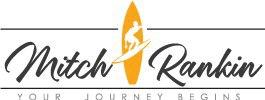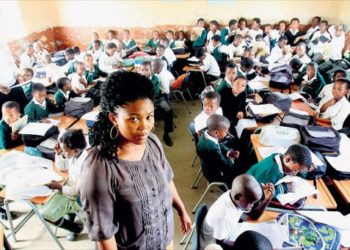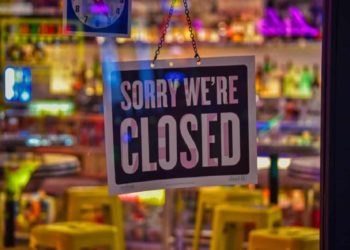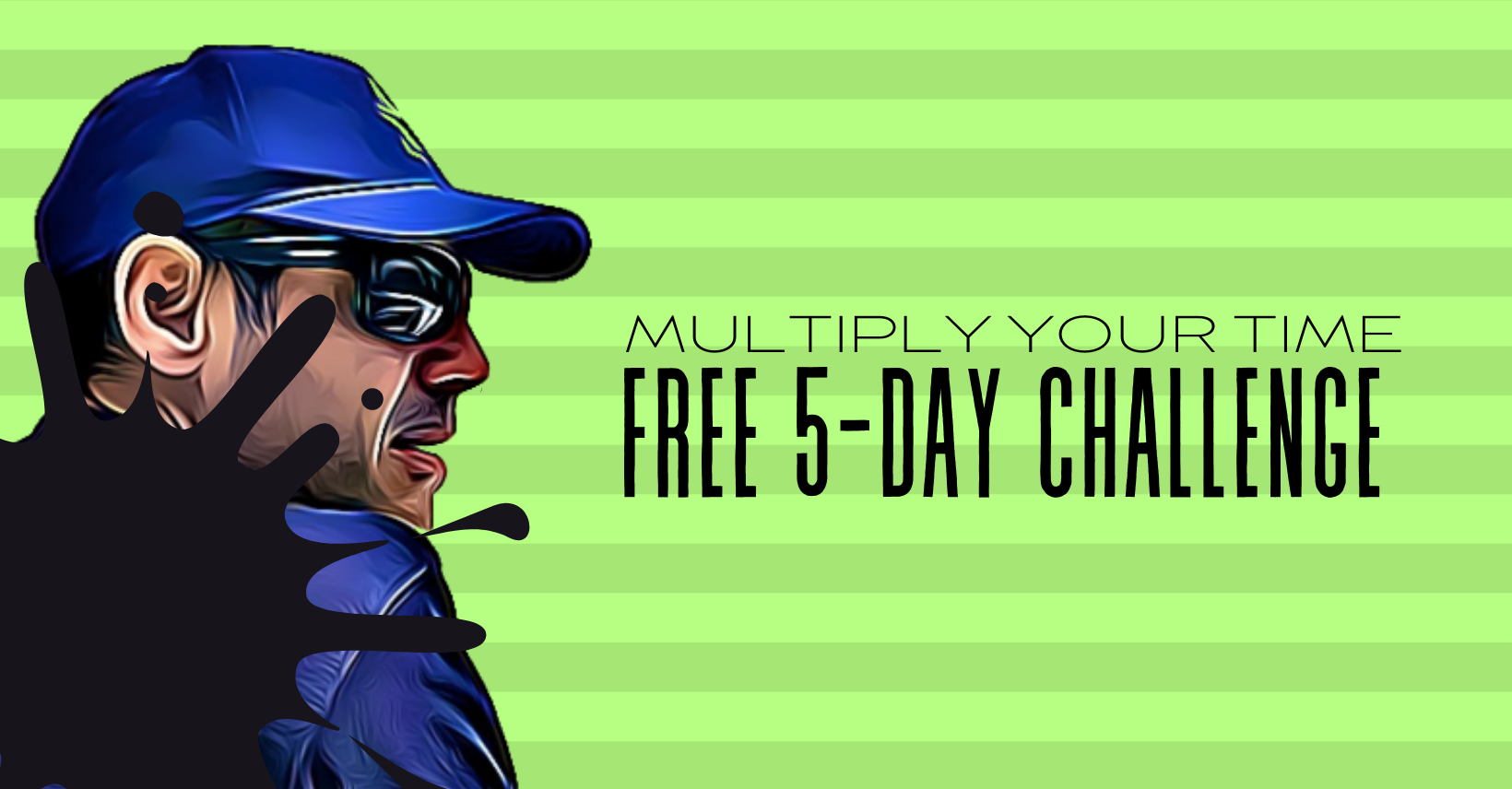As I sit and watch my children surfing out in the ocean and let my mind wander into their futures, my dreams and hopes for them are enormous, complex and beautiful. And I’m reminded of a word that describes all people across the globe…”Sonder”
“Sonder n. the realization that each random passerby is living a life as vivid and complex as your own—populated with their own ambitions, friends, routines, worries and inherited craziness—an epic story that continues invisibly around you like an anthill sprawling deep underground, with elaborate passageways to thousands of other lives that you’ll never know existed, in which you might appear only once, as an extra sipping coffee in the background, as a blur of traffic passing on the highway, as a lighted window at dusk.”
Can Blockchain level the proverbial “Playing Field?”
It’s easy for a family in suburbia in a first world country to sit on the side of a school football field and discuss the virtues of different universities or colleges with friends, then get into their Prius and drive home past the manicured lawns of their affluent neighbors, pop into the Publix and grab a precooked meal for dinner, secure in the knowledge that their children will have access to a good education.
Across the planet in disadvantaged communities, similar families with similar dreams, sit watching their children play in less affluent arenas, wondering how their children will escape the long-standing generational lifestyles and economic conditions they grow up in.
These families would include people living in the squatter camps of Brazil, people living on rural reservations in First world countries, native Africans in remote villages, the shepherd families in the Himalayas, the forest dwellers of the Amazon, or the nomadic Bedouins in the deserts of Northern Africa, as well as many other rural and suburban settings.
Two things that can assist the student in a disadvantaged community are:
1. Access to first world educational tools (universities, libraries, verifiable accreditation)
Bringing a first world education to the third world is made possible with distance learning resources (MOOC’S – massive online open courses, mobile learning tools etc). With an internet connection and available tools, quality education is within every student’s reach.
2. Access to funds for higher education study through the tokenizing of a course, and earning of tokens for progress and participation through a blockchain application.
The rough cost of sending your child to a US university for a 4-year bachelor’s degree per year basis (tuition and course materials, fees, room, and board):
- Public college for residents of that state: $25,000 per year
- Public college for non-resident: $45,000
- Private college: $65,000
For most people, this presents a challenge and an insurmountable geographical hurdle.
Enter EdTech and Blockchain
The EdTech industry is expected to reach $ 252 billion by 2020, and blockchain is poised to play its part.
Blockchain can help EdTech in the following ways:
- The ability to connect students with instructors for live lessons, without costly middlemen.
- Eliminate paperwork, by storing all records and contents regarding education in a tamper-proof verifiable database.
- Protection for prospective employer’s that can verify the applicant’s educational credentials as well as verify a students accreditation.
- Enable students to earn as they learn through course tokenization
- Enable teachers, tutors and contributors of educational content to get paid for their work using cryptocurrencies, with the relationship between the education provider and the consumer of the service governed by smart contracts.
- The reduction of staff and admin cost through the leveraging of a secured distributed database.
In short, this means:
- Access to high-quality education for a student in any part of the world, with the result of a verifiable accreditation that will be accepted globally by potential employers
- Earning potential for students while they study – funds they can use to engage tutors for specialized instruction and practice (as in the case of language learning practice)
Are Blockchain and Education the perfect partners? Tell me what you think and help me with push English Forward advocacy to those who can benefit from it.
Disclaimer: This is a guest article. The views, opinions and positions expressed within it are those of the author alone and do not represent those of Cryptopolitan. The accuracy, completeness and validity of any statements made within this article are not guaranteed. We accept no liability for any errors, omissions or representations. The copyright of this content belongs to the author and any liability with regards to infringement of intellectual property rights remains with them.









Leave a Reply